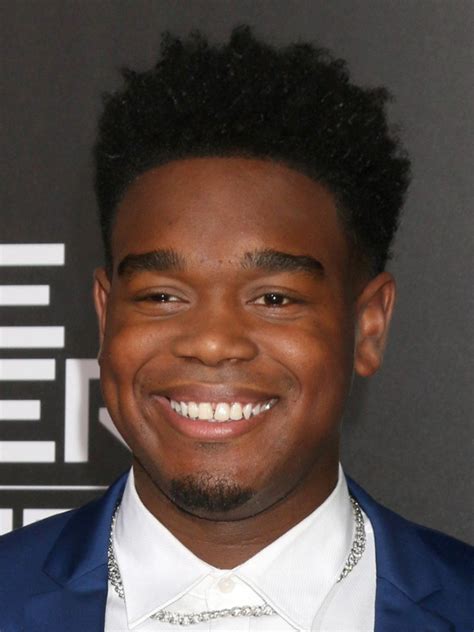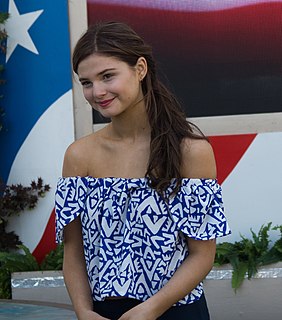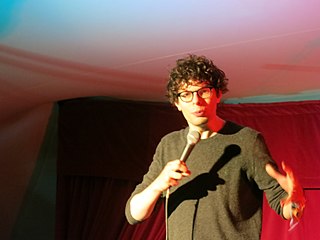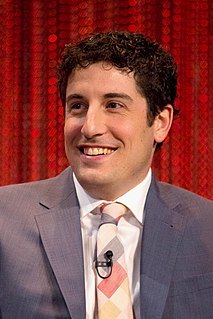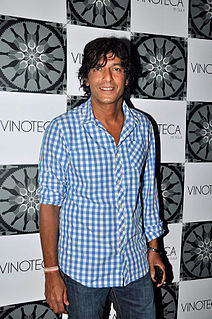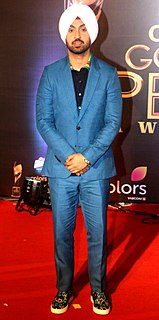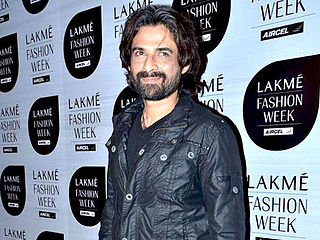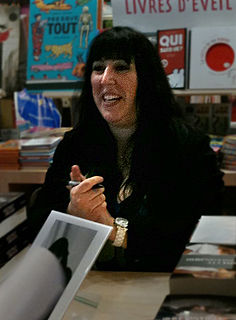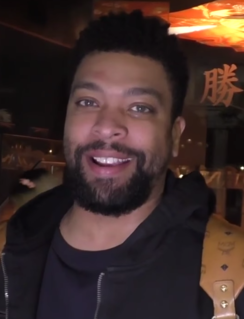A Quote by Dexter Darden
Everyone tells me I need to do comedy. It's never something that crossed my mind, but to be able to do a true comedy and make people laugh, that would be great.
Related Quotes
The first purpose of comedy is to make people laugh. Anything deeper is a bonus. Some comedians want to make people laugh and make them think about socially relevant issues, but comedy, by the very nature of the word, is to make people laugh. If people aren't laughing, it's not comedy. It's as simple as that.
I'd like to do more dramatic roles but I would never give up comedy to do it. I've seen a lot of actors that do a complete 180 degrees and say: "I'm done with comedy, I want to be taken seriously." I take my comedy very seriously and I want to be taken seriously because of my comedy. I think it's more fun for me. I enjoy laughing and attempting to make people laugh. So I'd like to do more drama but I'd never do the 180 thing.
Comedy scares me a lot. I feel like it's way harder than drama. I think my safety net is definitely drama and I would love to kind of be able to be able to push into the comedy world and do something kind of like a Christopher Guest kind of style show. That, to me, is my kind of comedy. Like, Ricky Gervais comedy. That's my kind of thing.
Comedy scares me a lot. I feel like it's way harder than drama. I think my safety net is definitely drama, and I would love to kind of be able to be able to push into the comedy world and do something kind of like a Christopher Guest kind of style show. That, to me, is my kind of comedy. Like, Ricky Gervais comedy. That's my kind of thing.
I think the role of comedy in your life should supersede anything and everything negative. Just by virtue of the fact that you have to be funny, you can't afford to focus on the negative. As a comedian, your challenge is to turn negative stuff into positive energy. You should be able to hear anything that sounds bad, that people normally wouldn't laugh at, and make it feel funny to you. No one should be able to deter you, once you have your mind set on comedy. Your survival as a comedian should be as natural as breathing. I need to breathe and I consider my career my air.
